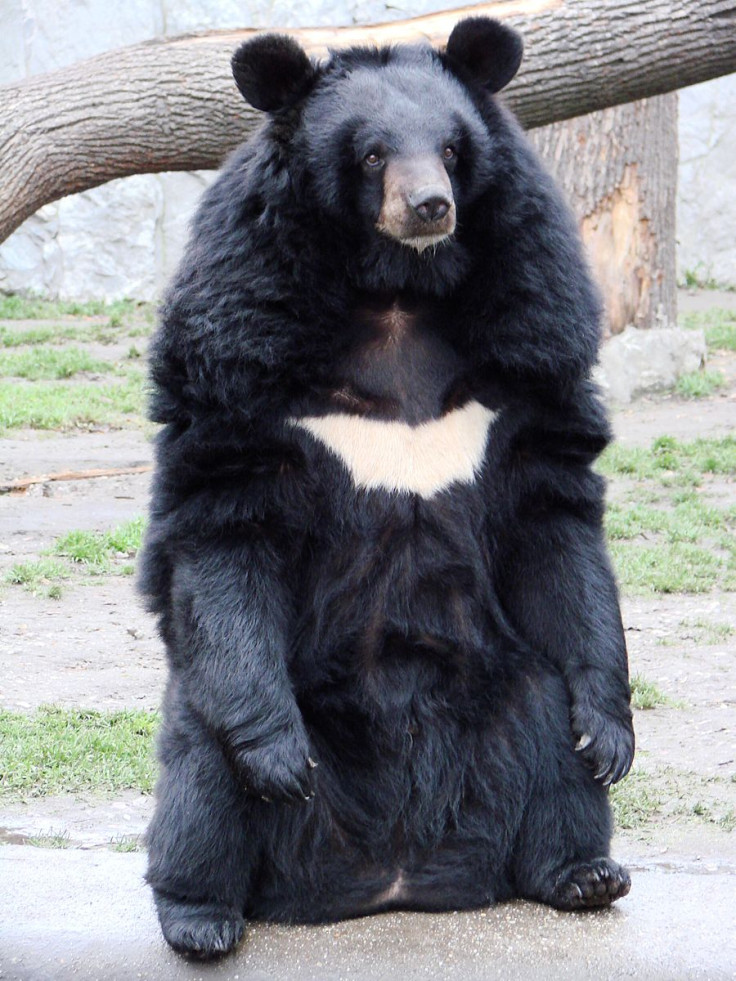Himalayan black bear killed in first case of animal euthanasia in Indian zoo

In the first-ever euthanasia case involving a wild animal in India, a Himalayan bear was put to death at a zoo in the central Indian city of Indore, in Madhya Pradesh. The male bear named Sonu was 33 years old and had been in severe pain following a paralytic stroke in 2013, zoo officials said.
"Sonu was in pain due to paralysis and backbone problem for last two years and it was unbearable for us also to watch it suffer each day. Therefore, we appealed CZA (Central Zoo Authority) for mercy-killing," Uttam Yadav, who is in charge of Kamla Nehru Zoological Park, told the Times of India. "On Friday the authority approved the proposal after examining the bear."
Jeevan Dada, Sonu's caretaker for the last 30 years, said the otherwise joyful animal had been in such pain that it would cry out aloud. "Sonu was joyful before illness and children used to call him 'chotu'. It was difficult for me to watch Sonu being put to death, but it was necessary seeing the pain endured by him and unable to move," Dada said. "It was important also as it was not able to move and used to cry loud because of pain."
The Central Zoo Authority of India has recommended that "euthanasia of zoo animals may be carried out only in the specific circumstances when any animal is in such an agony or pain that it is cruel to keep him alive." It recommends mercy killing also when the animal is "suffering from incurable diseases of infectious nature and keeping the animal alive poses a serious threat to the health of other animals at the zoo."
In the case of the Indore zoo, the black bear was examined and approved for mercy death as the animal was in acute pain.
"I am not aware about how many animals are suffering in zoos or whether they need euthanasia. But if a case is brought to the CZA, the decision will be taken on the basis of each case," Vinod Ranjan, additional director general of the zoo authority at the Ministry of Environment, told IBTimes UK.
Euthanasia of the bear was carried out in the midst of visitors and school children with 11 local priests chanting holy verses. Sonu was even given a ritual bath and holy water as per Hindu traditions. He was fed his favourite fruits before being put to death painlessly.
"Every animal in the zoo is a family, and death of any animal is quite distressing. Sonu being a family member, we decided to decorate his cage with flowers and give him a proper cremation as per Hindu rituals," Yadav was quoted as saying by the newspaper.
Sonu died peacefully in his sleep about 150 minutes after veterinarians injected him in intervals. While zoo-born animals are usually cremated, Sonu's body was buried for future use in studies, Yadav said.
© Copyright IBTimes 2024. All rights reserved.






